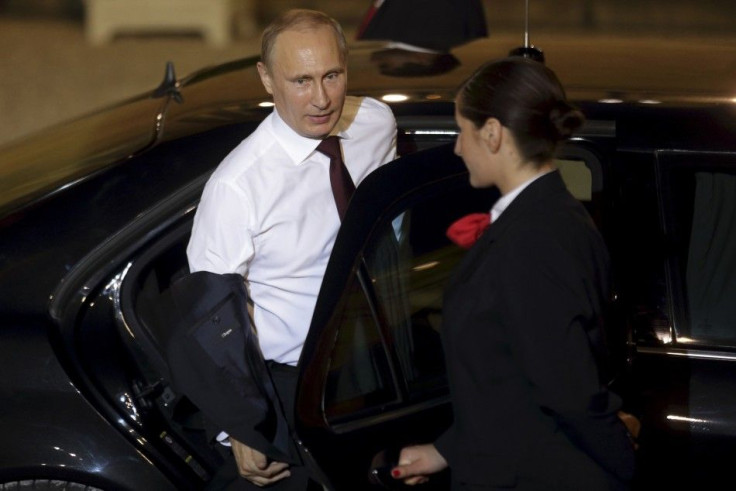Russia to Create Emergency Fund for Sanctions-Hit Companies, to Build New Rail Line Bypassing Ukraine

Life goes on for Russia despite being slapped with a slew of new sanctions by the European Union on Friday.
Russia has announced it will establish an anti-crisis reserve that will help those companies affected by the sanctions imposed by the EU. It likewise revealed plans for a railway project bypassing Ukraine in 2015.
Finance Minister Anton Siluanov said funds for the anti-crisis reserve will be sourced from the remainder of this year's budget as well as outstanding budget allocations, including money to the Pension Fund.
The anti-crisis reserve could be used in 2015, he said.
Siluanov said the country has a 243 billion ruble ($6.4 billion) reserve. At least 100 billion rubles ($2.6 billion) has been earmarked to go into next year's reserve.
The industries most affected in Russia by the EU sanctions are its banking and energy sectors. Some of the new sanctions called for modifying the maturity periods of credits and loans extended to Russian firms to 30 days, from the original 90.
Read: Ukraine Crisis: New EU Sanctions vs Russia Goes Into Effect Friday
Reuters reported oil giant Rosneft has sought the assistance of the Russian government, saying it needs 1.5 trillion roubles (24.4 billion pounds) in aid.
President Vladimir Putin has called the new slew of sanctions a "hostile step" given Russia's support for peace efforts in embattled eastern Ukraine.
"Using these mechanisms (sanctions) seems somewhat strange, even against the whole strange background," Euronews quoted Mr Putin. "I don't even understand what these new sanctions are related to. Maybe somebody doesn't like that we have started to follow a peace process."
Russian Prime Minister Dmitry Medvedev has earlier warned new EU sanctions will not go unreciprocated.
Meantime, Siluanov announced the new railway tracks that will bypass Ukraine has been listed in budget plans for spending in 2015.
Spending allocation for the railway project was estimated to reach 500 billion rubles ($13 billion). No other details were given.
Russia got slapped with successive EU sanctions followings its alleged involvement in the downing of Malaysia Airlines MH17 in July. It has consistently denied accusations of sending troops and tanks into eastern Ukraine to support the separatists.





















